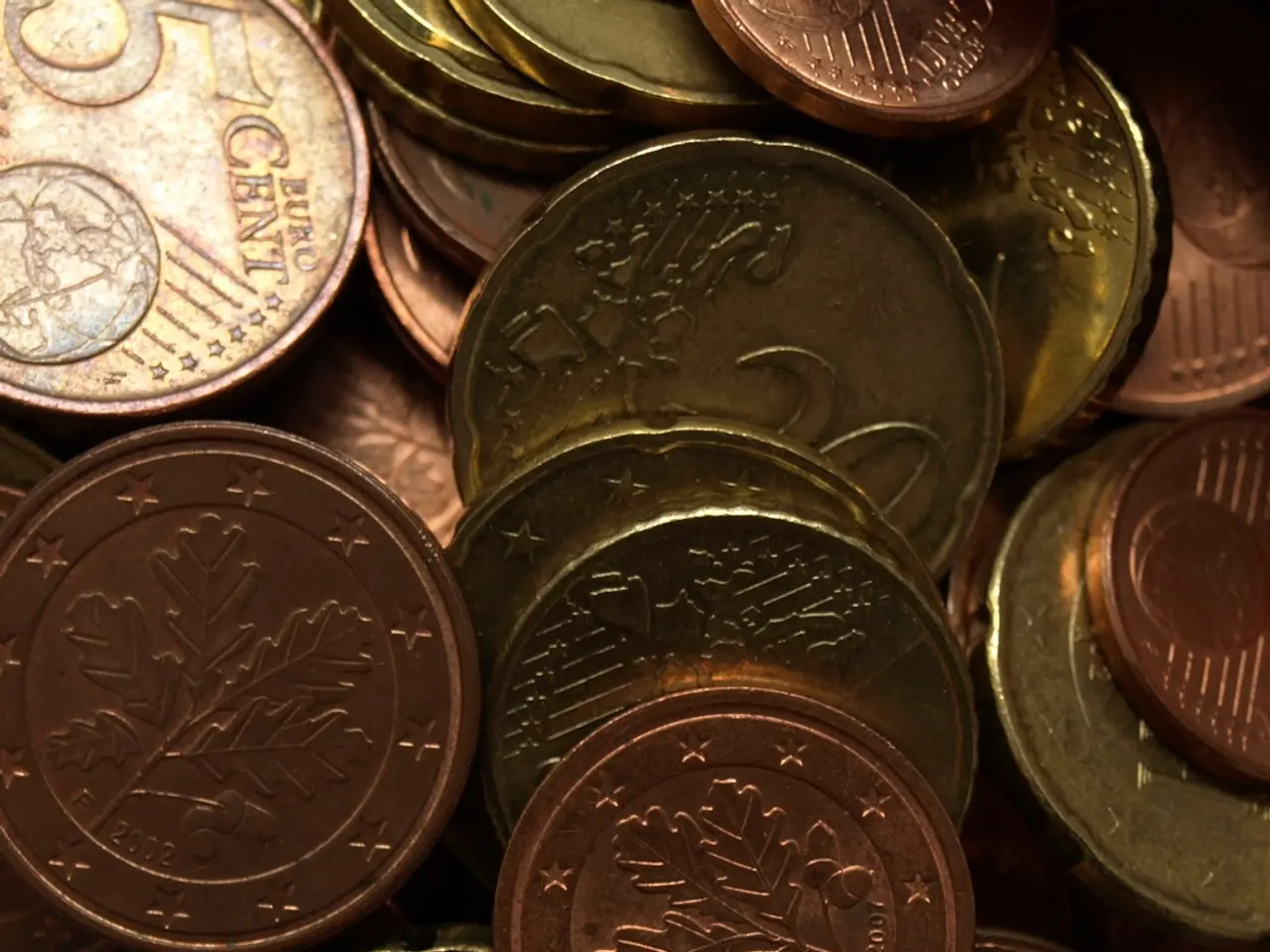El Salvador's Bitcoin Gambit: Will the Risk Result in Reward?
El Salvador made history in 2021 by becoming the first country in the world to adopt Bitcoin as legal tender. President Nayib Bukele's ambitious plan was aimed at boosting financial inclusion, attracting cryptocurrency investment, and reducing remittance costs. However, one year later, the impacts of this bold move are still being evaluated.
The adoption of Bitcoin as legal tender was met with a mix of international astonishment and crypto enthusiast excitement. El Salvador mandated businesses to accept Bitcoin and established a Bitcoin reserve of 6,089 BTC, purchased at an average price of about $43,357. While the initiative aimed to attract foreign investment, particularly from the crypto sector, the volatility of Bitcoin has affected public confidence and the country's financial stability.
The economic downturn in El Salvador, coupled with the ongoing cryptocurrency market volatility, has posed challenges to the reliance on Bitcoin as a stable medium of exchange. The country's average purchase price for its Bitcoin reserve is relatively high, given Bitcoin’s price fluctuations since the purchases. This could imply potential losses or gains depending on market conditions.
International financial institutions have expressed concerns over risks related to money laundering and fiscal transparency. Domestically, the response has been mixed—from enthusiasm by some for innovation to protests and criticism for economic risks.
Despite the law requiring acceptance of Bitcoin, adoption in everyday transactions remains limited. Many Salvadorans continue to prefer the US dollar, which remains legal tender alongside Bitcoin. This limited adoption has raised questions about the achievement of broader economic goals, such as attracting foreign investment and reducing remittance costs.
Recent developments include the proposal of Volcano Bonds to fund Bitcoin City, a planned city in El Salvador powered by renewable energy and Bitcoin. N1co has also expressed ambitions for a digital bank in El Salvador.
As the crypto winter, a period of low cryptocurrency prices, continues to affect the performance of Bitcoin in El Salvador, the question remains whether the country's crypto bet can produce tangible benefits for its economy. The success of El Salvador's Bitcoin initiative remains uncertain and contested, with some reports indicating limited foreign direct investment growth and ongoing financial market volatility.
Further developments, regulatory clarity, and international feedback continue to shape the impact of this bold experiment. More recent data about economic indicators and Bitcoin adoption rates within El Salvador would be necessary to provide a definitive assessment beyond these initial mixed outcomes.
Investors are closely monitoring El Salvador's adoption of Bitcoin as legal tender, with the country's ambitious plan aiming to attract cryptocurrency investment. The volatility of Bitcoin, however, has affected public confidence and the country's financial stability, posing challenges to its reliance on Bitcoin as a stable medium of exchange.




